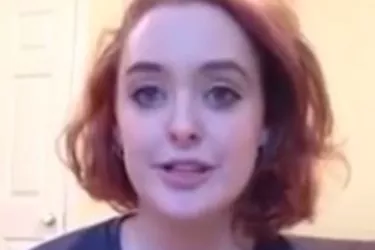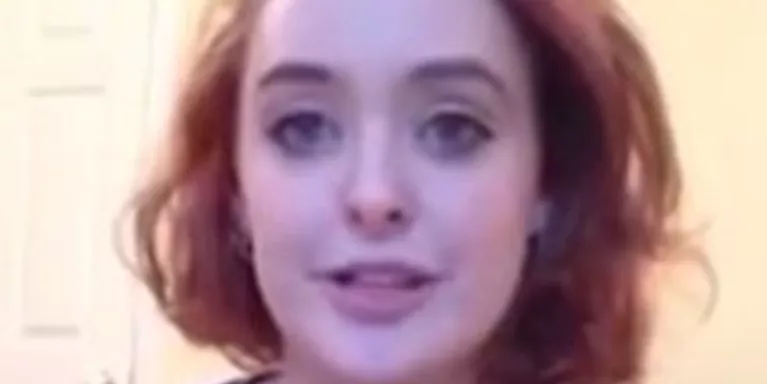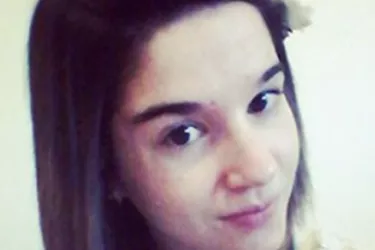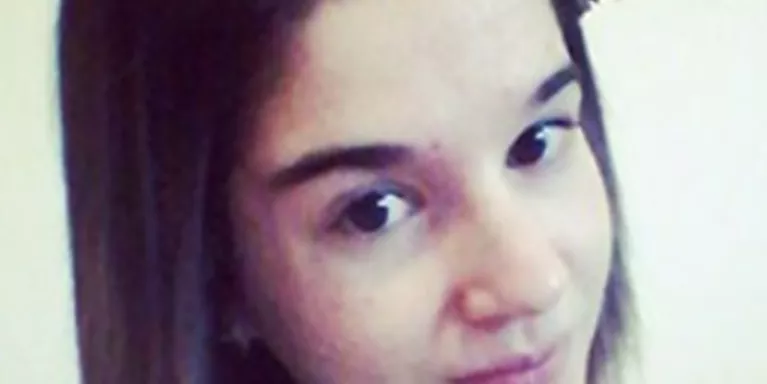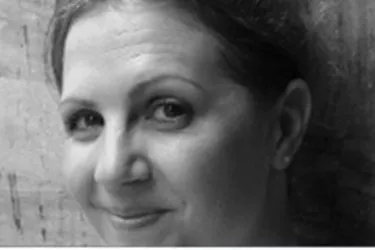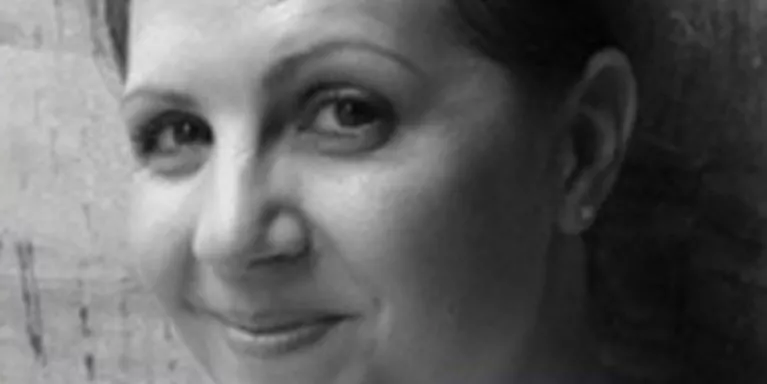Postnatal psychosis and me
Charlotte has bipolar disorder and when she became a new mum for the first time, Charlotte experienced postpartum psychosis, including hallucinations during labour. Here, she also talks about how this experience caused severe postnatal anxiety with her second child.
I was diagnosed with bipolar disorder at 20 years old and when I turned 25, I became pregnant with my first child. As soon as the booking midwife found out that I had bipolar she referred me to Cardiff perinatal mental health team.
The midwife said that I had an increased risk of suffering a bipolar episode after giving birth, and I was casually told about the risk of postpartum psychosis. However, I had no idea what this was until I began to suffer from it.
"I was 33 hours into labour with my first child when I noticed a change."
I was 33 hours into labour with my first child when I noticed a change. I started to hallucinate, seeing men in white doctors’ coats walk in and out of the labour suite, and I asked my husband and midwife to get them out of the room. They told me that no one was there and that I must be over-tired, with the gas and air making me act in an unusual way.
My labour was long and traumatic. I had no sleep for a week and suffered a postpartum haemorrhage. My husband was sent home three hours after the baby was born and I was moved to the maternity ward.
I was alone and scared, I had never really held a baby before, let alone changed a nappy! My head was spinning and all I could hear was whispering coming from the cubicles around me.
I needed to get out, I felt like running away. My baby was crying and although I loved him I needed to leave the hospital. I sat on the wall outside the hospital, and it felt as if I was looking at someone else’s life. I felt like a character in a film… this was not real and I didn’t feel real. I thought I was dead.
"I was afraid that if I told anyone about the strange sensations I was feeling, they would take my baby away from me."
The following morning I was due to be discharged. My perinatal psychiatrist came to visit me and find out if I was OK. I lied and said I was fine, as I just wanted to go home and sleep. I was afraid that if told anyone about the strange sensations I was feeling, they would take my baby away from me.
As the weeks went by, my mental health worsened. My husband took me to the doctor, who told me I was suffering from postnatal depression. I didn’t tell anyone I was hearing voices and sounds or that I thought everyone was whispering behind my back and saying I was a bad mum. The paranoia was intense, I quickly became delusional and convinced myself that my husband was drugging me.
I was seeing and hearing things on a daily basis, whether it was something small like a mouse running across the floor or something big like my husband jumping through a closed window. That hallucination was so real, I could see the shattered glass all over me.
"The day I was diagnosed with having postpartum psychosis, the crisis team were called to my home."
The day I was diagnosed with having postpartum psychosis, the crisis team were called to my home. I was talking to the radio and my husband caught me doing this. I tried to explain that the woman on the radio was talking to me, she was telling me to get everyone out of my home, to protect my baby and I.
By the time I was diagnosed with postpartum psychosis, Cardiff’s mother and baby unit was due to close. The local adult psychiatrist hospital was an option for treatment, but I wasn’t able to take my baby, so this wouldn’t have worked for me. We decided it would be best for me to be treated at home and a year after this treatment began, I recovered from my postpartum psychosis.
While I was recovering I did try to mingle with other mums, but it was impossible. I was not able to breast feed like other mums, I didn’t make my own food and blend it like other mums… I was such a mess from the medication that I can barely recall my son's first year.
"Postpartum psychosis is rare. It affects around one in 1,000 births but it is very real and it can happen to anyone."
I have survived it but sadly many don’t.
My second pregnancy was strange. I had a miscarriage just before I fell pregnant with my rainbow baby so it felt as though I was walking on eggshells throughout my pregnancy.
I was worried, as not only was I scared about losing another baby, I was worried for my mental health. I thought about the postpartum psychosis I had just recovered from and the months of treatment I had endured. I was only just starting to feel good again; I was only just beginning to bond with my first child.
As the months went on I ignored my fast-growing bump, concentrated on my first-born, giving him as much love and affection as I could. I didn’t want to connect with the bump, I had done that the first time round and look what had happened. I was not going to accept the bump was a baby until they were born.
After the birth of my second child, I felt pretty good, all things considered. The birth was quick and straightforward, I felt an instant bond and I was not experiencing psychosis. However, I was about to experience postnatal anxiety.
"Postnatal anxiety is crippling, as it can take someone who is happy and outgoing, and turn them into a nervous wreck."
Postnatal anxiety is crippling, as it can take someone who is happy and outgoing, and turn them into a nervous wreck. It can make the simplest of tasks almost impossible to achieve, but to loved ones you appear perfectly capable, so everything must be OK.
The anxiety was intense. I had social anxiety for some time as a teenager, so I felt I was back to square one. I couldn’t take a foot outside my front door alone because I was scared I’d have a panic attack and die, and I couldn’t be left alone for fear that I would faint and my children would then be alone in the home.
Anxiety took hold of me from the day I arrived home from hospital with my second child. Within two weeks of giving birth I weighed less in body weight than I did before I was pregnant.
This rapid weight loss from extreme anxiety was so bad that the doctors were concerned and sent me for all kinds of tests, but this only added to my anxiety.
The postnatal anxiety was not as intense as postpartum psychosis, but I feel it was more difficult to treat. It took me 15 months to start to feel more stable and even now I have anxiety and panic attacks, something which I feel will never truly disappear.
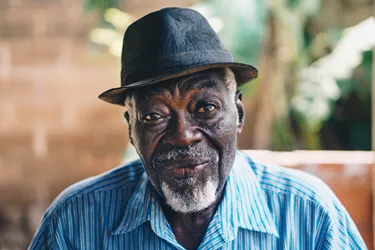
Related Topics

Information and support
When you’re living with a mental health problem, or supporting someone who is, having access to the right information - about a condition, treatment options, or practical issues - is vital. Visit our information pages to find out more.
Share your story with others
Blogs and stories can show that people with mental health problems are cared about, understood and listened to. We can use it to challenge the status quo and change attitudes.












